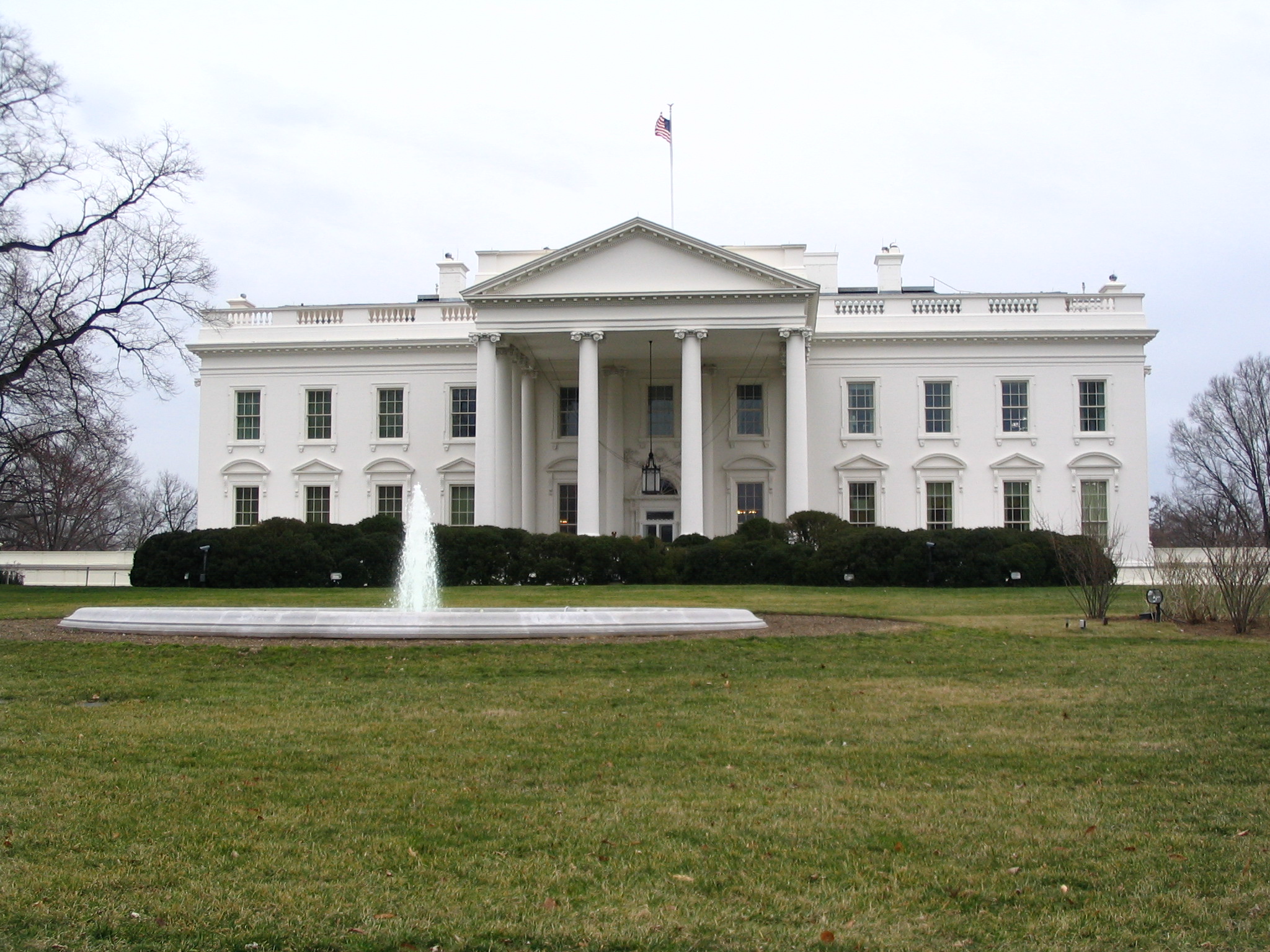White House can’t revoke journalists’ hard passes ad hoc, court rules

Earlier this month, a federal district court in Washington, D.C., granted journalist Brian Karem’s motion for a preliminary injunction requiring the Trump administration to restore Karem’s security credentials, known as a “hard pass,” which had been suspended as punishment for an altercation he had in July with former Trump aide Sebastian Gorka. This is the second loss for the Trump administration in a case involving a hard pass, following CNN’s successful challenge to the revocation of reporter Jim Acosta’s credentials in November 2018.
The Reporters Committee for Freedom of the Press filed a friend-of-the-court brief in Karem’s case arguing that settled law in the U.S. Court of Appeals for the District of Columbia Circuit requires that “explicit and meaningful” standards be in place before the White House can suspend security credentials.
The court, in an opinion by Judge Rudolph Contreras, agreed and echoed the suggestion in the Reporters Committee’s brief that, even with publicly available standards, a hard pass likely couldn’t be pulled, consistent with the Fifth Amendment’s due process guarantee, if those standards merely require that a reporter act with “professionalism” or “decorum,” versus more specific guidelines for reporter conduct, such as rules against “taunting” or “disruptive behavior.”
Ironically, the White House’s attempts to punish reporters through suspension or revocation of security credentials — which are essential for White House reporters as they give them easier access to White House grounds and other facilities, like Air Force One — have started to produce more clarity around what used to be a largely untrod area of law. Other than the 1977 case Sherrill v. Knight, which isn’t a model of doctrinal clarity, the Acosta and Karem cases are the only times in recent history the courts have considered the First Amendment implications of access to White House security credentials.
The Karem case arose out of a July 11, 2019, incident in the Rose Garden during a White House event for internet influencers and personalities. Following President Trump’s remarks at the “social media summit”, Karem, who is Playboy’s White House correspondent, tried to ask a question and was heckled by the audience. After a back-and-forth, Karem said to Gorka, “Hey, come on over and talk to me, brother, or we can go outside and have a long conversation.” Gorka then called Karem a “punk,” though, as the district court noted, the altercation ended without violence.
Nearly three weeks later, on Aug. 2, Karem received a letter from White House Press Secretary Stephanie Grisham informing him that she had made a preliminary decision to revoke his hard pass for 30 days because of his conduct at the summit. Grisham acknowledged that the White House did not have “explicit rules” governing press behavior, but maintained that there had always been a tacit agreement to “act professionally” and with “decorum.” Karem responded three days later with a letter disputing the administration’s factual recounting of events.
Grisham then sent another letter to Karem on Aug. 16 with her final decision to suspend his hard pass, which stated that his conduct violated the “widely-shared understanding that…members of the press must act professionally” and “maintain decorum and order.” After receiving Grisham’s final determination, Karem moved for a temporary restraining order and preliminary injunction on Aug. 20 that was the subject of the D.C. district court’s decision.
The Reporters Committee’s brief highlighted the Sherrill rule requiring explicit pre-existing standards, as well as notice and a chance to contest, as the minimum due process that will support the denial of a hard pass. The brief stressed that these due process requirements prevent the White House from suspending a journalist’s security credentials based on vague, ad hoc criteria never previously articulated or published. Applying this rule, the Sherrill court held that a Secret Service decision denying hard passes for “reasons of security” was not appropriately “explicit and meaningful,” whereas specific rules tied to actual threats to presidential safety would suffice.
The Reporters Committee’s brief further argued that these First Amendment and due process protections are particularly important with respect to the executive branch. The president, particularly with respect to foreign affairs and the military, claims broader authority to maintain government secrets than other branches and can often only be held accountable through the electorate, which relies on news coverage to know what the executive branch is doing. The brief explained that these protections ensure transparency and fairness in determining press access, prevent arbitrary and discriminatory decisions by the government, and support an informed electorate and accountable executive branch.
The implications of the Karem case transcend its facts. Regardless of one’s view on Karem’s or Gorka’s conduct, the White House press corps is the forward echelon in holding the presidency accountable to the public. Once the White House decides to let reporters in, it has to have fair processes in place. It didn’t, and the rule reaffirmed by the district court this month is an important protection for press rights.
The Reporters Committee regularly files friend-of-the-court briefs and its attorneys represent journalists and news organizations pro bono in court cases that involve First Amendment freedoms, the newsgathering rights of journalists and access to public information. Stay up-to-date on our work by signing up for our monthly newsletter and following us on Twitter or Instagram.